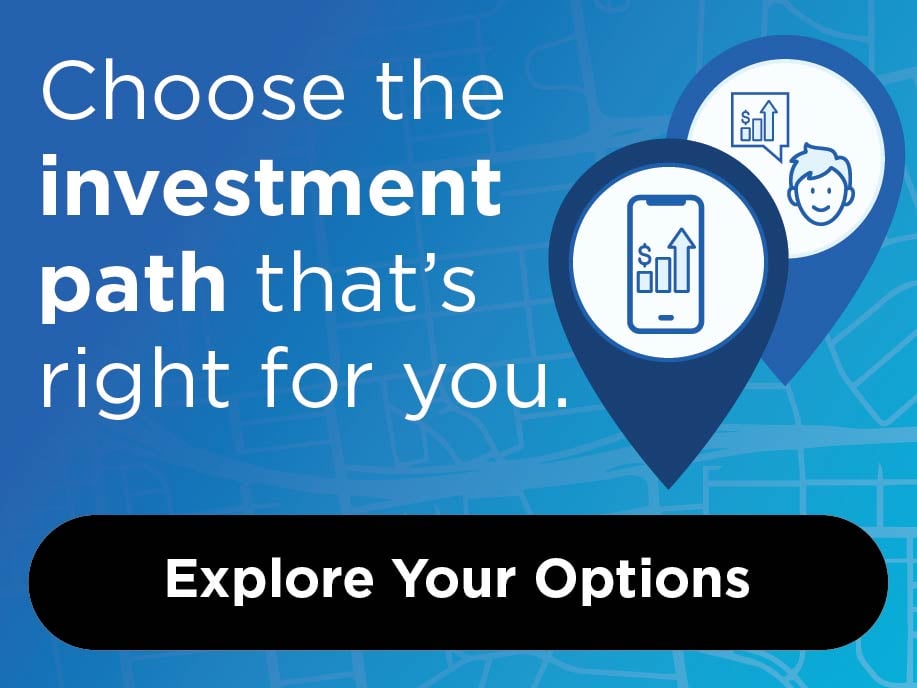
Parenting is a journey, and the lessons we share about money can shape our children’s future in powerful ways. At CommunityAmerica, we’re committed to helping families build financial confidence early, so kids can grow into capable adults ready to thrive with confidence and clarity.
It’s not about perfection or having all the answers. It’s about small, intentional steps—meeting kids where they are at every life stage and modeling the thoughtful, values-based choices that shape lifelong well-being.
Early Childhood: Learning Through Everyday Choices
Kids start forming ideas about money earlier than you might think. Even simple moments—like choosing between a toy and a treat—introduce the concept of limited resources.
What to try:
- Let kids see you make real decisions, like choosing whether to spend or save.
- Encourage family and friends to contribute to savings tools, like a 529 plan or life insurance policy, instead of more toys.
These small shifts lay the groundwork for understanding trade-offs and future planning.
Elementary School: Building Habits
This is the stage where kids can start to practice money skills themselves. Allowances, chore money, and jars for “save/spend/share” help them see the power of their choices in action.
What to try:
- Open a Junior Savings Account.
- Take your child to a local credit union branch to watch their savings grow.
- Involve them in small purchases, using coin machines or debit cards as teaching tools.
The goal is to make saving a habit—and something that feels rewarding.
Middle School: Money Gets More Real
As kids enter their tween years, money starts to connect to bigger goals, like saving for a first car. This is the right time to introduce budgeting and the importance of balancing short-term wants with long-term plans.
What to try:
- Teach them how to track expenses with a simple budget.
- Give them safe access to real-world tools like a debit card or student checking account.
- Show them that money is finite, and planning is essential.
These lessons give middle schoolers the confidence to manage increasing responsibility.
High School: Taking Responsibility
The first real paycheck comes with big choices. Teens need to understand the importance of saving before spending, the impact of taxes, and the difference between “good” debt (like education or investments) and “bad” debt (like high-interest credit).
What to try:
- Involve them in real family budgeting conversations.
- Be open about financial mistakes you’ve made—and what you learned.
- Encourage them to use resources like college and career planning tools to prepare for the future.
This stage is all about preparing for independence while staying grounded in smart money habits.
Early Adulthood: Stepping Into Independence
Young adults face a world full of financial decisions—from credit cards to student loans. Helping them start strong can set the tone for decades of financial health.
What to try:
- Help them establish credit responsibly with a starter card or a ScoreMore Loan.
- Encourage use of budgeting apps and credit score monitoring tools.
- Guide them to start investing early and building an emergency fund—even small amounts matter.
The transition to adulthood is smoother when they’ve seen transparency around family finances and already practiced healthy money habits.
You’re Not Alone in This Journey
Every family’s financial journey is unique, but no parent has to walk it alone. At CommunityAmerica, we are committed to supporting well-being at every life stage—whether that’s opening a child’s first savings account, planning for college, or helping young adults build their credit.
Our free resources, like our financial coaching and planning tools are here to empower you and your children with confidence and clarity. After all, financial peace of mind is a lifelong journey, and it starts with the everyday lessons we share at home.





